Discerning Between Education and Self-preservation in Hard Moments
Written by |
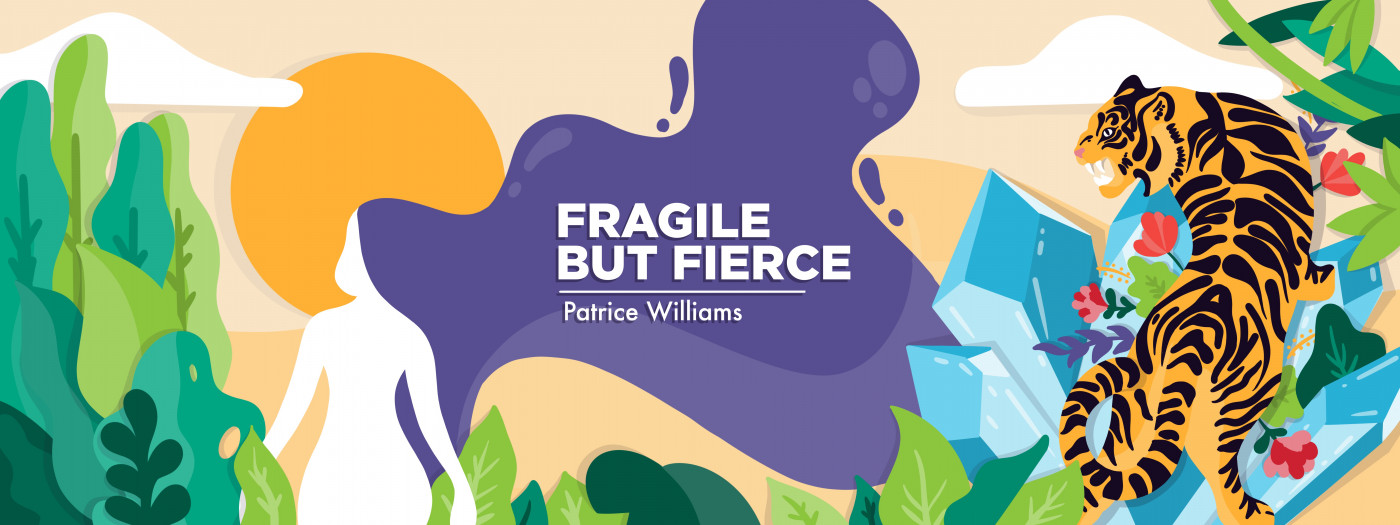
I love Facebook‘s Memories feature. Although it can be a negative space, I do value it as a digital scrapbook for our family. Each day I open the app and reflect on what has happened on that day in previous years.
There are hilarious stories, like the time our youngest son, Gideon, attempted to go outside and poop in the yard because “dat’s what our dog duz.” There are serious memories, like when Jonah, who has junctional epidermolysis bullosa (JEB), suffered two corneal abrasions and a blister on the tip of his urethra in the same week. There are joyful ones, like the day we brought our puppy home.
And then there are ones that make me so angry I almost wish I had never written them down in the first place. Several of these memories have come up in the last two weeks.
In 2010, when Jonah was around 15 months old, we were in the pharmacy, and a woman asked about his skin. I explained about EB, and she promptly replied, “I bet a lot of people look at him and think you have done very bad things to him.” Well, if I didn’t think that before, I sure do now. Thanks, lady.
In 2012, when he was 3, a mom in her 30s followed us around at the science museum giving us the stink eye. She finally asked, with disdain in her eyes, “He’s not contagious, is he?” I quickly responded that he wasn’t, turning away so she wouldn’t see the tears in my eyes. The woman then stated that she just needed to know because she was taking care of someone else’s child. But there wasn’t a speck of kindness in her eyes or the way she asked. It was humiliating.
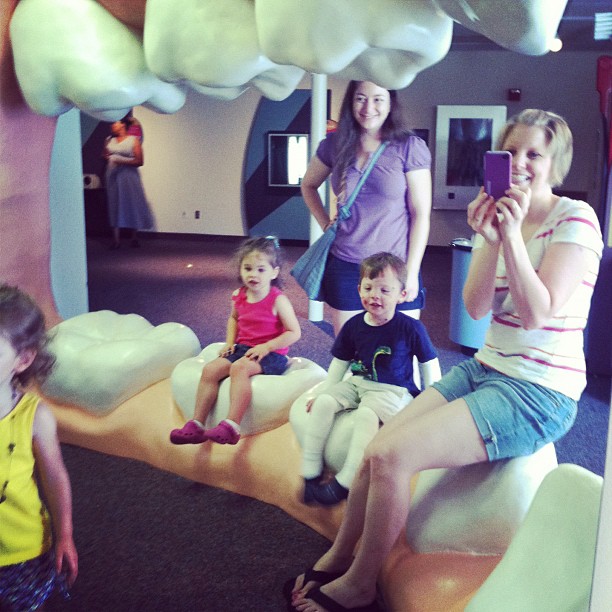
Jonah and Patrice, right, with friends at the science museum in 2012. (Photo by Patrice Williams)
And this week in 2016, when Jonah was 7, he had just gone to his first day of a new summer camp. Camp opportunities are so limited for him because of the heat and the activities offered. These situations are tough for him because he’s walking into places he doesn’t know to be around a bunch of curious kids who he knows will point, stare, and ask questions. But he had gone, anxious though he was.
When I picked him up, the camp director, also a friend, told me about a boy who had looked at him and said, “Ew. Your skin gives me chills.”
Without skipping a beat, Jonah had responded, “Need a blanket?” (Proud mom moment here.)
And one time, a kid at a local vacation Bible school kept kicking him on his wounded legs, saying, “Does this hurt? Does this hurt? Does this hurt?” (I took care of that one personally.)
The hate can be maddening.
Certainly these few moments are the blatantly horrible ones in years and years of experiencing people’s kindness. Most people, even when curious, find considerate ways to ask their questions, or at least accompany their stares with a gentle smile.
Mostly I encourage Jonah to use these opportunities to educate people. EB is so rare. The curious moments allow us to share about it and hopefully lead people to learn more. For some, that means a quick Google search. It has lead others to donate to help find a cure.
But I also let him know that how he chooses to respond to a hateful situation is up to him. When people are being rude and unkind, all “education opportunity” bets are off. In these horrible moments, if he chooses to come back with a sarcastic, smart-mouthed comment, I do not fault him. (His self-control astounds me.)
He is allowed to feel his feelings, and I’m OK with him letting people know that they are being jerks. I will always encourage him to teach, while simultaneously empowering him to stand up for himself in unfair situations. In a world where he will have to fight as an adult — for equal job opportunities, quality medical care, and insurance coverage — he needs a thick skin and a feisty spirit. He needs to know how to not let people run over him.
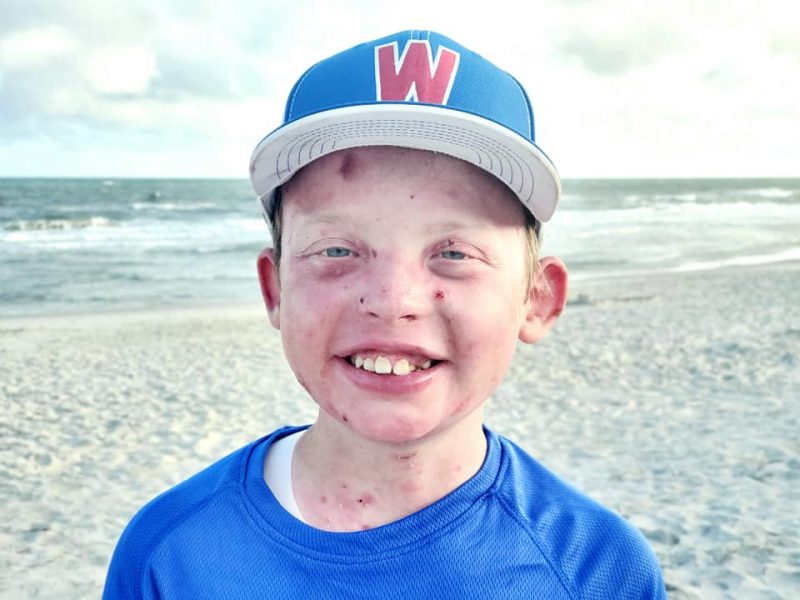
Jonah, now 12, takes a beach vacation recently. (Photo by Patrice Williams)
Mostly, I just want him to be able to differentiate between opportunities for education and moments of self-preservation. Nobody’s ignorance or lack of education is a reason for him to stay in a situation in which he feels emotionally or physically threatened.
I will always encourage kindness, gentleness, and respect. But as his mother, it is also my job to teach him to value himself, his privacy, and his right to dignity. Someone else’s feelings of disgust, discomfort, or defensiveness are not Jonah’s responsibility. He has a right to feel safe. And that right trumps strangers’ need for explanation or validation. Always.
***
Note: Epidermolysis Bullosa News is strictly a news and information website about the disease. It does not provide medical advice, diagnosis, or treatment. This content is not intended to be a substitute for professional medical advice, diagnosis, or treatment. Always seek the advice of your physician or other qualified health provider with any questions you may have regarding a medical condition. Never disregard professional medical advice or delay in seeking it because of something you have read on this website. The opinions expressed in this column are not those of Epidermolysis Bullosa News or its parent company, Bionews, and are intended to spark discussion about issues pertaining to epidermolysis bullosa.



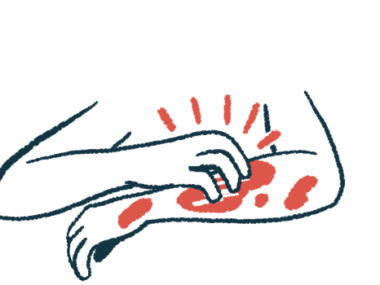

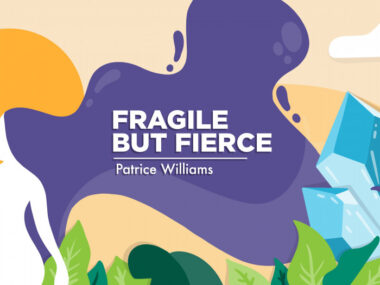
Leave a comment
Fill in the required fields to post. Your email address will not be published.